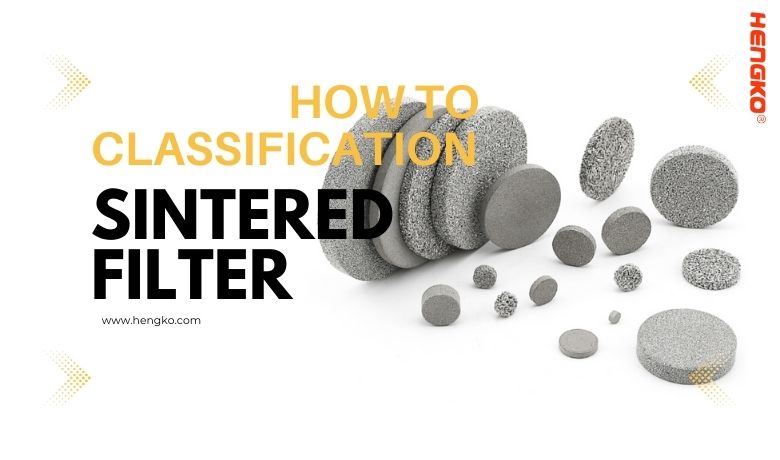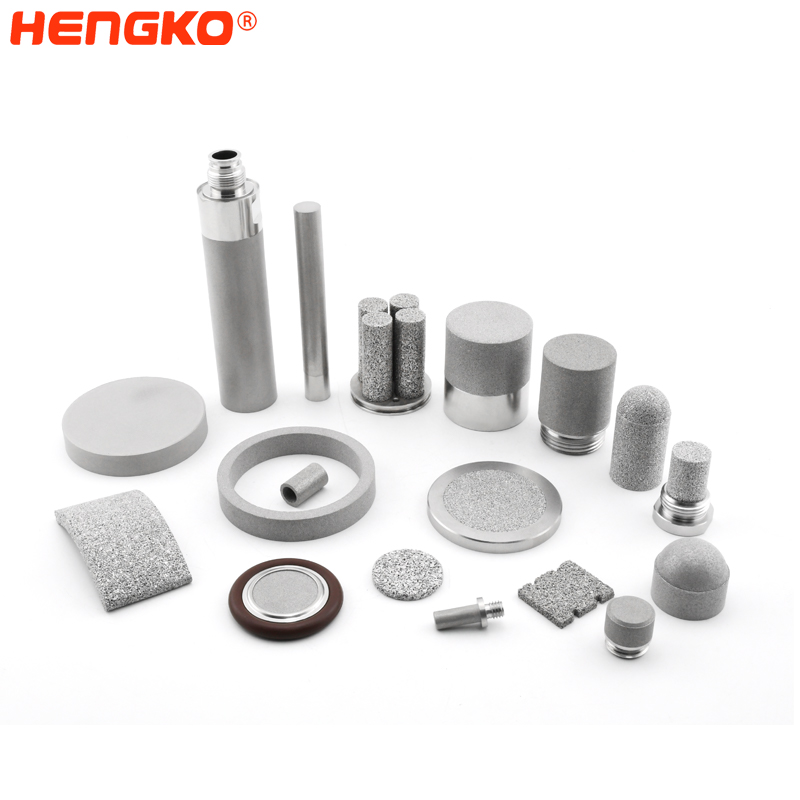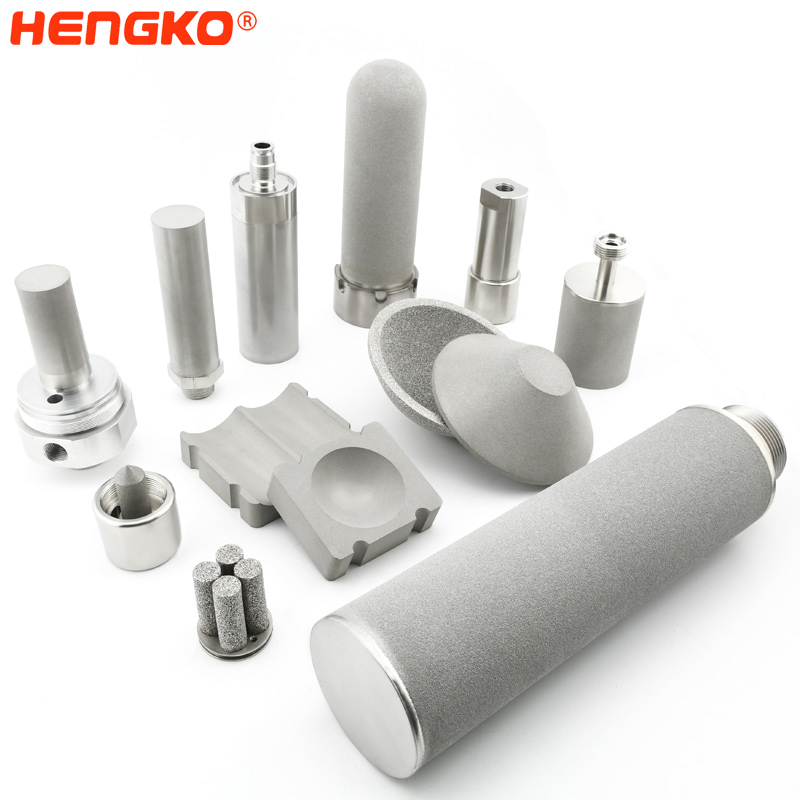 Types of Filters ?
Types of Filters ?
In the context of various fields, there are several types of filters. Here are some common types:
1. Electrical Filters:
Used in electronics and signal processing to allow certain frequencies to pass while attenuating others. There are two main categories: analog filters (e.g., low-pass, high-pass, band-pass) and digital filters (implemented through digital signal processing).
2. Mechanical Filters:
Used in various mechanical systems to remove or dampen specific vibrations or frequencies. Examples include anti-vibration filters in machinery.
3. Optical Filters:
Used in optics and photonics to selectively transmit or block certain wavelengths of light. They are crucial in applications like photography, spectroscopy, and laser systems.
4. Air Filters:
Commonly used in ventilation systems, air purifiers, and engines to remove dust, pollutants, and other particles from the air.
5. Water Filters:
Employed to purify water by removing impurities, contaminants, and undesirable substances to make it safe for consumption or specific applications.
6. Internet Filters:
Software applications used to block or restrict access to certain websites or content on the internet, often used for parental control or to enforce workplace policies.
7. Image Filters:
Digital image processing techniques that alter the appearance of images by applying various effects like blurring, sharpening, edge detection, etc.
8. Spam Filters:
Software or algorithms that identify and separate unwanted or unsolicited messages (spam) from legitimate emails.
9. Oil Filters:
Utilized in engines and machinery to remove contaminants and particles from lubricating oil, ensuring smooth operation and longevity.
10. Coffee Filters:
Used in brewing coffee to separate the grounds from the liquid, resulting in a clean and drinkable beverage.
These are just some examples, and there are many other types of filters used in different industries and applications. Each type serves a specific purpose and helps in achieving desired outcomes.
How to Classification the Sintered Filter?
There are too many kinds of sintered filter, then do you know how to classification? then you can check as follow:
According to the material, sintered filter is divided to sintered stainless steel filter and sintered porous metal filter.
The metal sintered filter element is mainly made of stainless steel powder filter element or sintered mesh filter element, etc.
HENGKO stainless steel filter is made of 316L material which is more corrosion resistant because of the addition of the
chemical element Mo. It has excellent pitting resistance and can be used in some coastal, shipping, sailing or high salt environment.

There are a few different ways that sintered filters can be classified, depending on the specific characteristics and properties that you are interested in. Some common ways to classify sintered filters include:
1. Material:
Sintered filters can be made from various materials, including stainless steel, bronze, and ceramic.
2. Shape:
Sintered filters can come in various shapes, including cylindrical, conical, and disc-shaped.
3. Pore size:
Sintered filters can be designed with pores of different sizes, which will determine the size of the particles that the filter can remove.
4. Application:
Sintered filters can be used in various applications, including the filtration of gases, liquids, and solids.
5. Method of manufacturing:
Sintered filters can be made using different methods, including powder metallurgy and hot isostatic pressing.
6. Level of filtration:
Sintered filters can be classified based on the level of filtration they provide, such as coarse, medium, or fine.
Compared with sintered metal filter stainless steel is more resistant to corrosion, impact resistance, high hardness and easy molding, and the filtration accuracy can be adjusted by controlling the size of the pores. The filtration of HENGKO power sintered stainless steel filter is 0.2-100um, the filtration of sintered mesh filter is 1-1000um. With many years of production experience and technology can accurately control the porosity and product tolerance of filter element products.
Sintered metal filter are mainly made of activated carbon, ceramic, PE, PP and resin. According to the different materials have their own advantages, such as activated carbon has good adsorption capacity, often used in water treatment. Resin filter element is a kind of water purification material made by artificial processing, often used in drinking water, water filtration
Filter element as a filter product, has been widely used in a variety of industrial environments, different materials to adapt to the needs of different industries, buy the use of filter element or from their own needs to choose the right product. HENGKO provides excellent filter and customized filtration solution to you. With 20+ years innovation advantages and careful customer service, we custom each product for you to meet your requirement.
Sort Filters by Material
Sure! Filters can be sorted by material into different categories. Here are some common types:
1. Metal Filters:
- Made of various metals like stainless steel, aluminum, or brass.
- Often reusable and can be cleaned for multiple uses.
- Commonly used in coffee makers, air purifiers, oil filtration, etc.
2. Paper Filters:
- Made of paper or cellulose fibers.
- Typically disposable, designed for single-use only.
- Widely used in coffee machines, air conditioners, and various laboratory applications.
3. Fabric Filters:
- Made of woven or non-woven fabrics like cotton, polyester, or nylon.
- Used in applications like air filtration, vacuum cleaners, and clothing with filtering properties.
4. Glass Fiber Filters:
- Composed of fine glass fibers.
- Often used in laboratory filtration, air monitoring, and some industrial processes.
5. Ceramic Filters:
- Made of ceramic material, often porous in nature.
- Used in water filtration, especially for gravity-based systems, to remove impurities.
6. Activated Carbon Filters:
- Utilize activated carbon, a highly porous form of carbon.
- Effective in removing odors, chemicals, and some pollutants from air and water.
7. Sand Filters:
- Composed of layers of sand or other granular materials.
- Commonly used in water treatment to remove suspended particles and impurities.
8. Membrane Filters:
- Made of thin semipermeable membranes, such as cellulose acetate or polyethersulfone.
- Used in laboratory filtration, sterile filtration, and various separation processes.
9. Plastic Filters:
- Made of various plastics like polypropylene, polycarbonate, or PVC.
- Used in applications like water purification, aquarium filters, and chemical filtration.
10. Oil Filters:
- Specifically designed for filtering engine oil or lubricants.
- Can be made with a combination of materials, including paper, metal, and synthetic fibers.
These are some of the most common filter types categorized by their materials. Each type of filter has its specific applications and advantages based on the materials used and the filtration requirements.
Then if Classification the Sintered Filter by Application, you can check as follow:
Sintered filters are used in a variety of applications, including:
1. Gas filtration:
Sintered filters remove impurities from gases, such as air or natural gas. They are often used in the chemical and petrochemical industries.
2. Liquid filtration:
Sintered filters filter liquids, such as water or oil. They are commonly used in the food and beverage industry, as well as in the oil and gas industry.
3. Dust filtration:
Sintered filters remove dust and other particulates from air or gas streams. They are commonly used in the pharmaceutical and semiconductor industries, as well as in the automotive and aerospace industries.
4. Noise reduction:
Sintered filters can reduce noise levels in air or gas systems by absorbing sound waves. They are often used in the automotive and aerospace industries.
5. Medical devices:
Sintered filters are used in various medical devices, such as dialysis machines and ventilators, to filter out impurities.
So if have any questions about the Classification the Sintered Filter, or have filtration projects,
please feel free to contact us by email ka@hengko.com. we will reply asap within 24-Hours
with better introduce and solution.
Post time: Oct-21-2021






